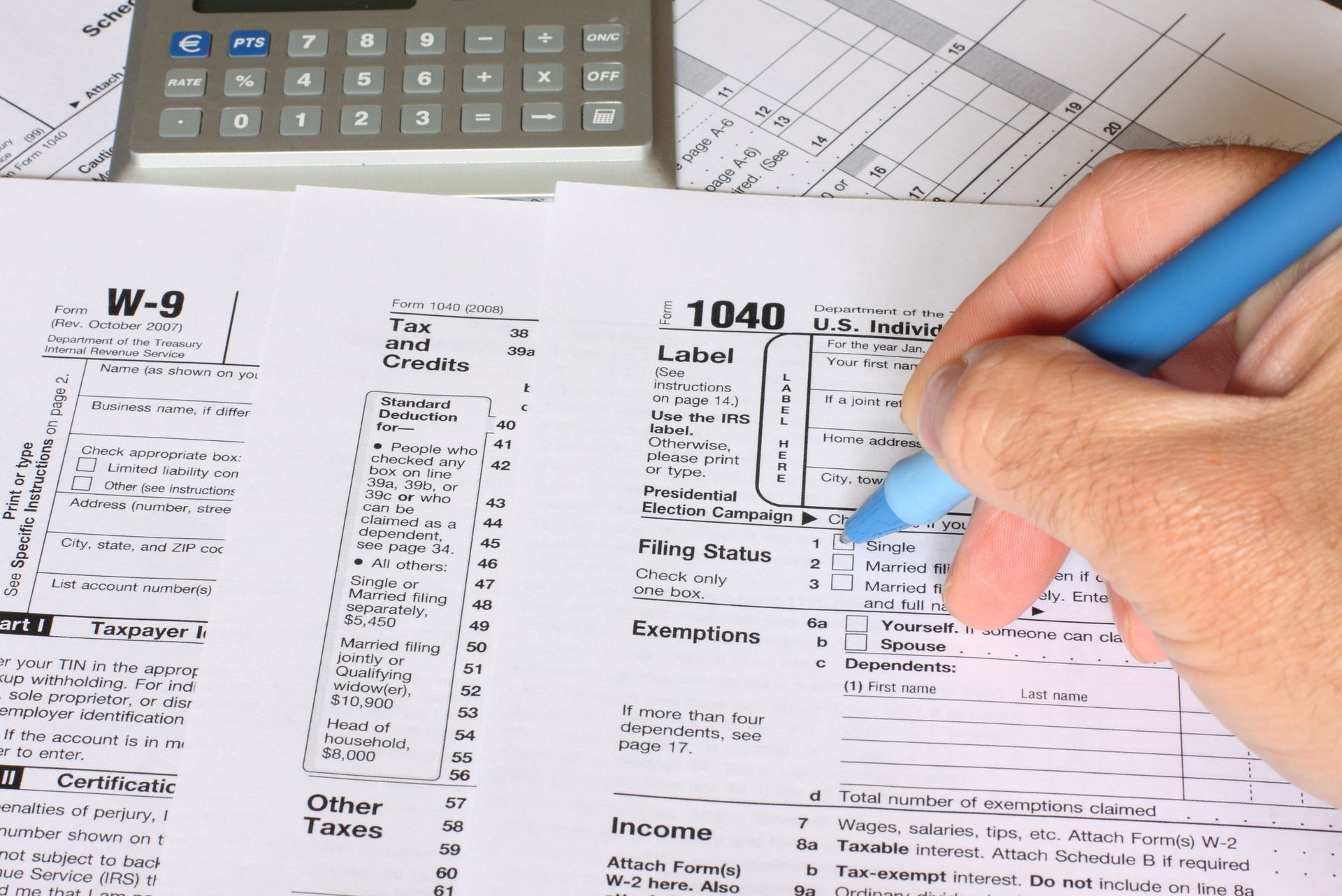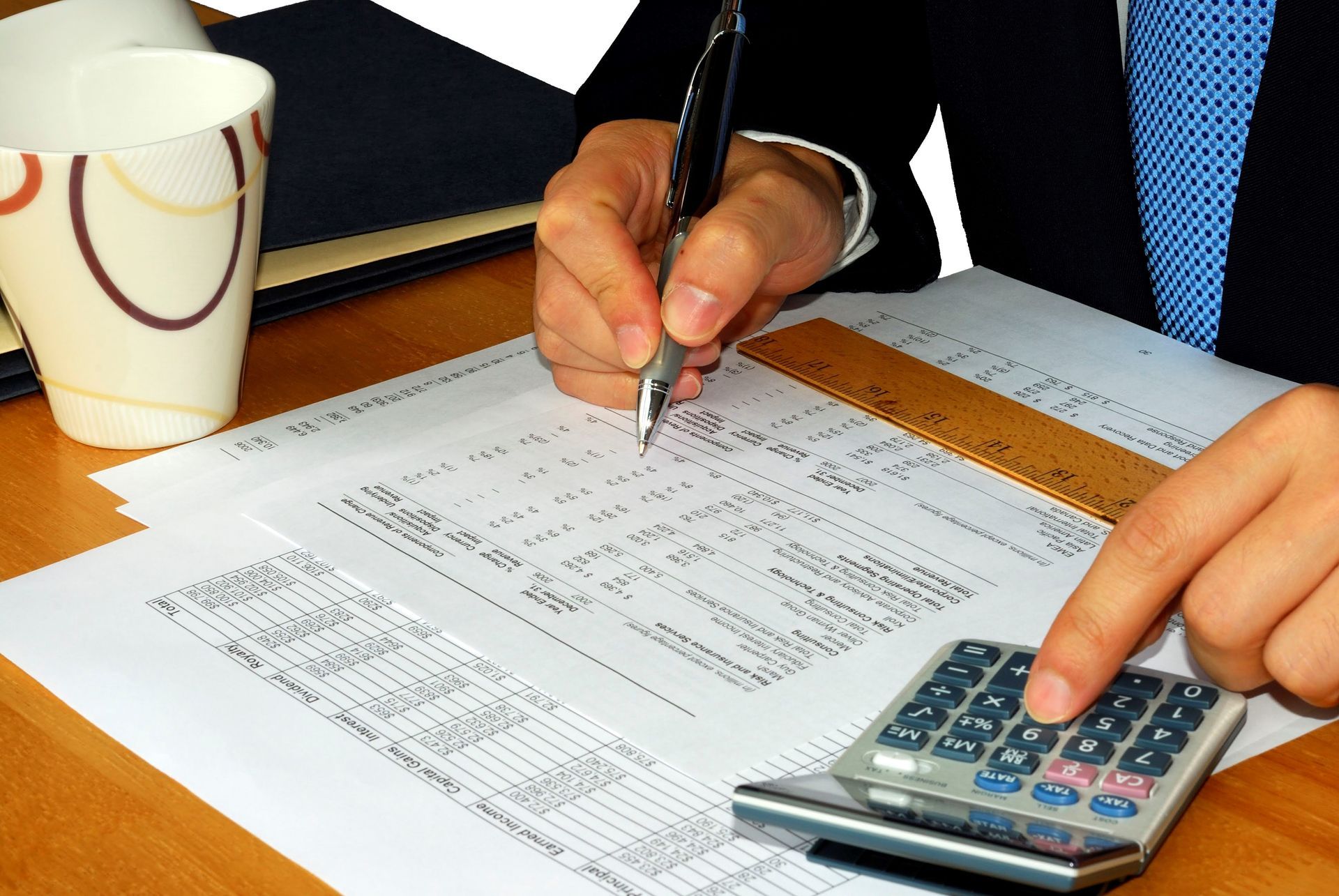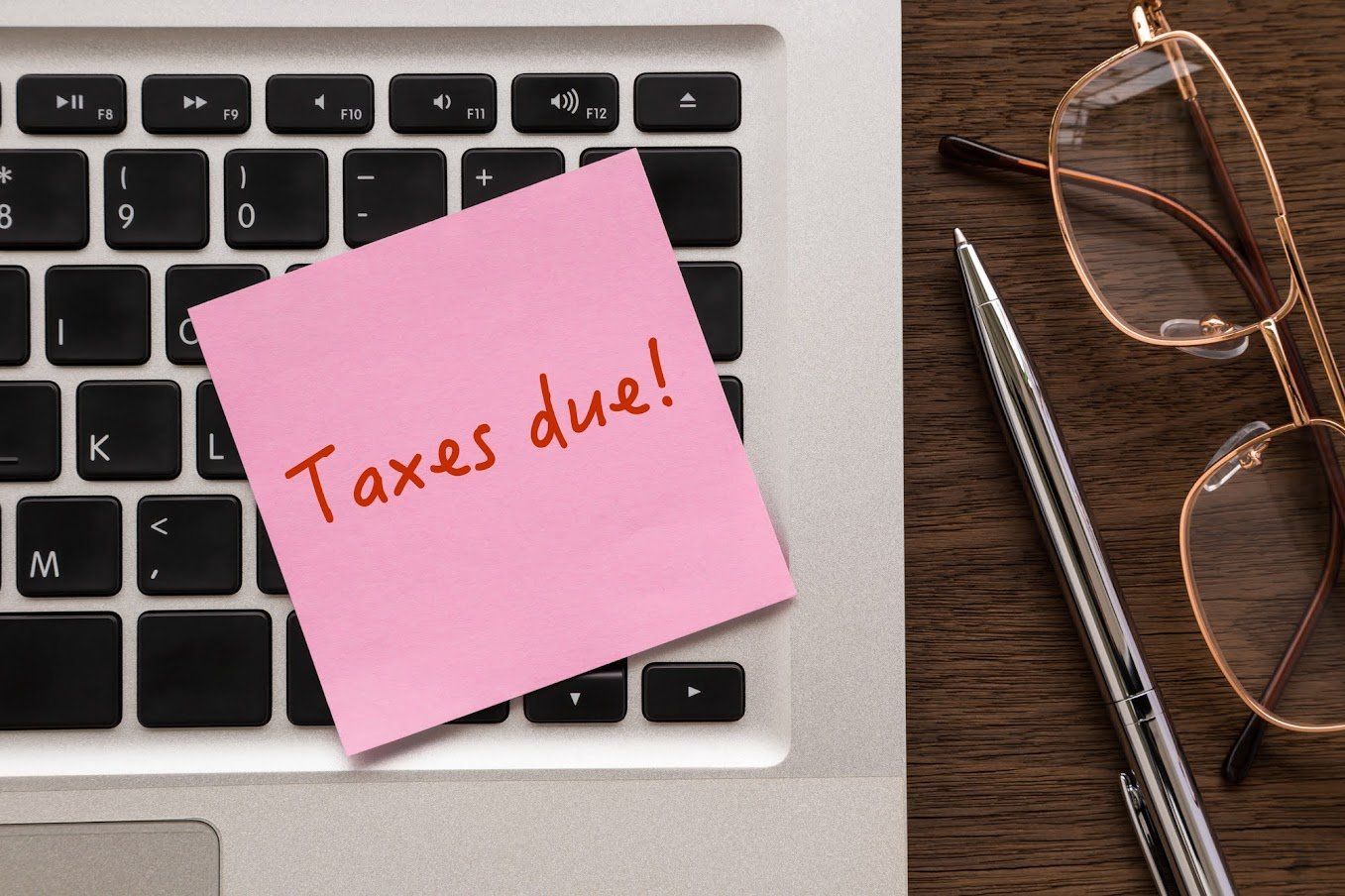What Is an Accounting Ledger? The Basics You Need to Know
Many business owners aren't skilled accountants who know all the ins and outs of bookkeeping and financial statements. The good news is that you don't have to be an expert in order to understand what's going on with your money. One great place to begin is to learn the basics of the accounting ledgers.
What are the ledgers? And how do they affect your money? Here are a few key things to know about the three most common ledgers you'll work with.
What Accounting Ledgers Do
Accounting ledgers are simply a record of business transactions. They used to be kept in specially designed physical ledger books. Today, nearly all businesses record their transactions with software, but the name has stuck.
Each ledger holds a record of certain types of transactions and is useful on its own. Sub-ledgers are the most detailed and record just one part of the business process (like the purchase of goods or the amount of taxes you must remit). These sub-ledgers are then used to create a less specific, but more complete, general ledger that oversees the entire operation.
Accounts Receivable Ledger
Accounts receivable is basically a list of all the people or businesses who owe money to your company. Most businesses create an invoice which is sent to a customer before payment is made. Between when the invoice is drafted and when payment is received, this information is tracked on the accounts receivable ledger.
Accounts receivable ledgers are vital because they enable you to track the money you are owed. This ledger tells you when payments are due, who is overdue, the terms of each sale, and how much you charged for everything. Accounts receivable is an asset, so this information adds to your company's bottom line.
Accounts Payable Ledger
Accounts payable, as its name suggests, is the opposite of receivables. This ledger tracks what you must pay to others. Generally, this information is created when an invoice is received and entered into the system pending payment. Each entry leaves the ledger when the payment is made.
Accounts payable is less fun than accounts receivable, but you need to know what the business owes if you are to make decisions. You can track when items are due, the amount you paid for goods or services, and costs like shipping or taxes. Accounts payable are debts, so they represent financial liabilities for the company.
General Ledger
The general ledger compiles all this information and combines it to give a big picture snapshot of your financial situation. It combines the sub-ledger information on what you owe (payables) and what is owed to you (receivables) with other data, such as how much each owner has at stake and what your assets are worth. The result is a gold mine of information you use to take stock and plan.
While the GL appears to be the most important part of the ledger system, it cannot be made without all the others. If you haven't recorded the month's loan payment for your forklift in accounts payable, for instance, that asset's value and your available cash will be overstated. This may sound like a small adjustment, but imagine it compounded by all the various bills you receive and send out each day.
This overview of the accounting ledger process shows how important the ability to read and understand the various parts of your books is.
Want to learn more? Consult with an experienced CPA today. Bliss & Skeen Certified Public Accountants provide the training and data you need to make the best business decisions and boost your profits. Call today to make an appointment.
















